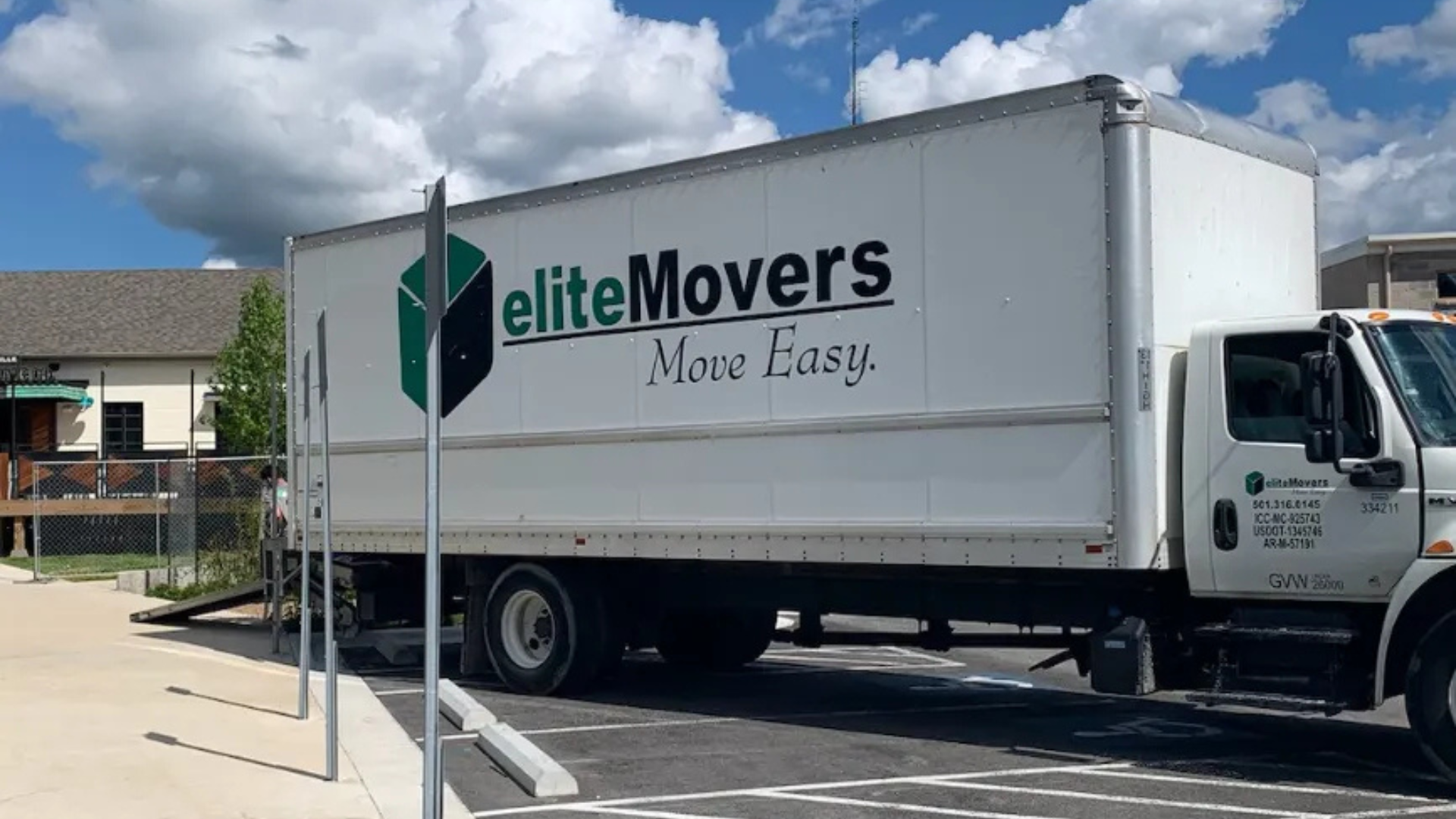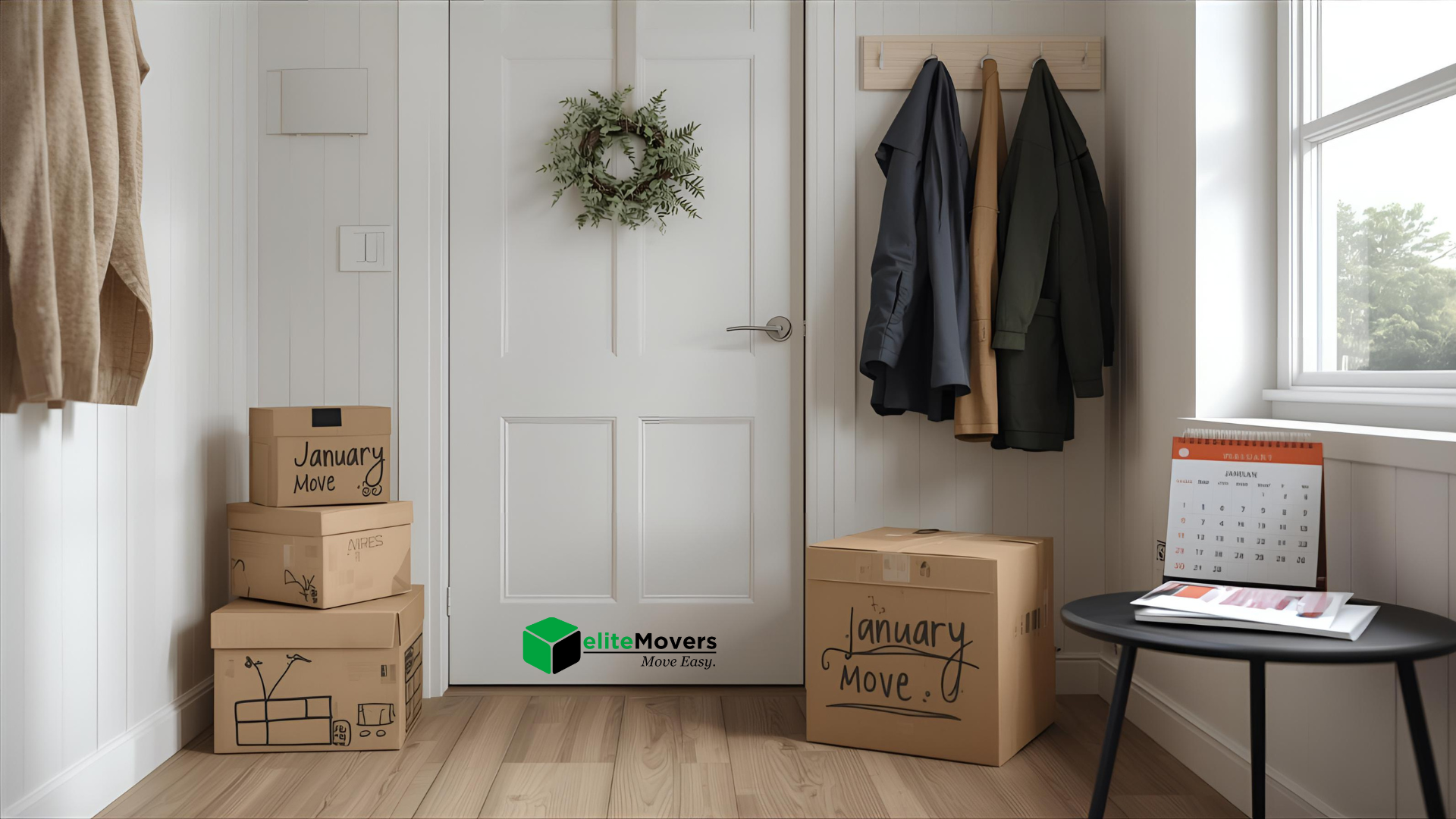Packing Tips from the Pros: What NOT to Do with Fragile Items
How Do I Keep Fragile Items Safe During a Move?
Don’t Skip the Padding
We get it—bubble wrap is annoying, and newspaper feels old-school. But wrapping your fragile items is non-negotiable.
What can go wrong:
- Plates clink and chip mid-move
- Glasses crack under box pressure
- Picture frames rub against each other and shatter
What to do instead:
- Use packing paper or foam sheets between every item
- Wrap items individually
- Fill empty space in boxes with soft material (think: towels, crumpled paper, socks)
Pro Tip: Fragile items should never touch. Not even a little.
Don’t Use Weak or Worn-Out Boxes
That box you’ve reused three times? It’s probably one shift away from collapse.
Why this matters in a local move:
Little Rock’s bumpy side streets or apartment stairwells can turn a weak box into a disaster.
What to do instead:
- Use new or sturdy moving boxes—especially for glass, electronics, and kitchenware
- Reinforce the bottom with extra tape
- Choose smaller boxes for heavier breakables to avoid overpacking
Don’t Forget to Label the Box (Clearly)
This is the classic: you pack your fragile stuff perfectly… then stack a 40-pound toolbox right on top of it.
What not to do:
- Write “Fragile” in tiny letters on one side
- Assume the crew knows what's inside
What to do instead:
- Mark all sides of the box with “Fragile” and “This Side Up”
- List contents briefly: “Wine Glasses,” “Ceramic Dishes,” etc.
- Color-code fragile boxes so they’re easy to spot
Don’t Leave Empty Space in the Box
If items have room to move, they will. And movement equals damage.
We’ve seen it happen:
Cabot family packs dishes in a box... leaves the top half empty… box gets dropped… total loss.
What to do instead:
- Fill all gaps with packing paper or soft filler
- Make sure nothing rattles when you gently shake the box
- Avoid mixing fragile items with non-fragile ones (like mugs with canned goods)
Don’t Pack Fragile Items Last-Minute
Fragile stuff takes time. Rushing leads to breakage, bad stacking, and skipped steps.
What to do instead:
- Pack fragile items first—when you have the energy and focus
- Keep them separate from “junk drawer” items and loose cables
- Load them into the truck or car last, so they’re the first to come out
Bonus: What Fragile Items Most People Forget to Pack Properly
- TVs and monitors (should always be boxed with screen protection)
- Mirrors and framed art (use corner protectors and flat boxes)
- Lamps (remove shades and pack separately)
- Fine china and heirlooms (double-wrap and use dividers)
Need Help Packing? We’ve Got You.
At Elite Movers, we’ve helped hundreds of families and businesses move across Little Rock, North Little Rock, Sherwood, Cabot, Benton, and beyond—with their fragile items intact. We offer professional packing services or can supply you with the materials to do it right the first time.
Free quotes. No pressure. Just solid advice and even better service.
What’s the best material to wrap fragile items in?
Packing paper or bubble wrap works best. Avoid newspaper for anything valuable—it can stain or leave residue.
Can I pack fragile items with heavier things in the same box?
No. Heavy items can shift and crush fragile ones during the move, even if they’re packed tightly.
How do I pack dishes for moving?
Wrap each dish individually, stack them vertically like records, and use a dish pack box with dividers if possible.
Should I let movers pack my fragile items?
If you're short on time or just want peace of mind, yes. Professional movers know how to wrap, box, and label fragile items so they survive the trip.
How do I keep fragile items from breaking in a short local move?
Use tight, secure packing methods and avoid overloading the truck. Even short drives through Central Arkansas can turn bumpy—especially on older roads or during weather swings.



